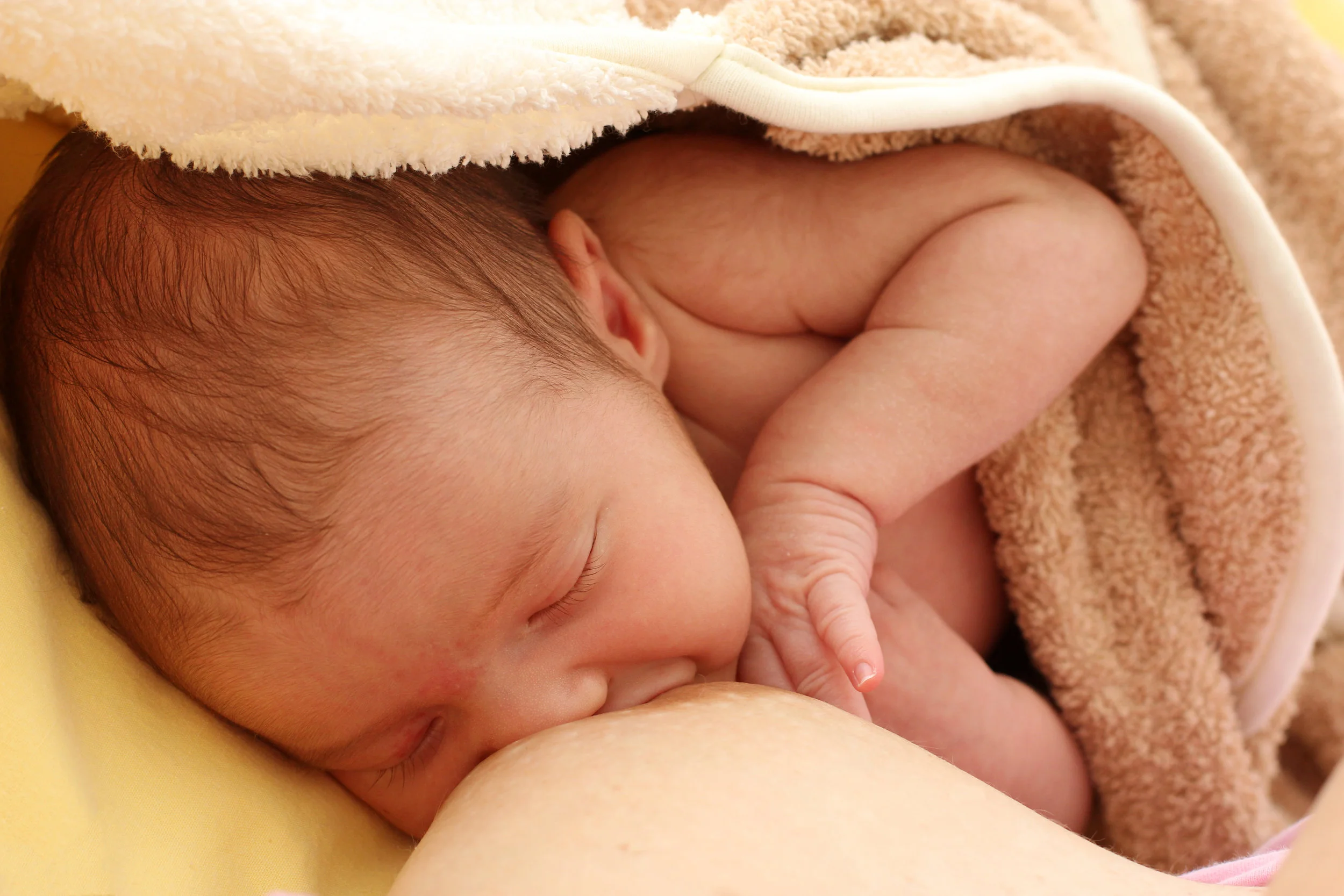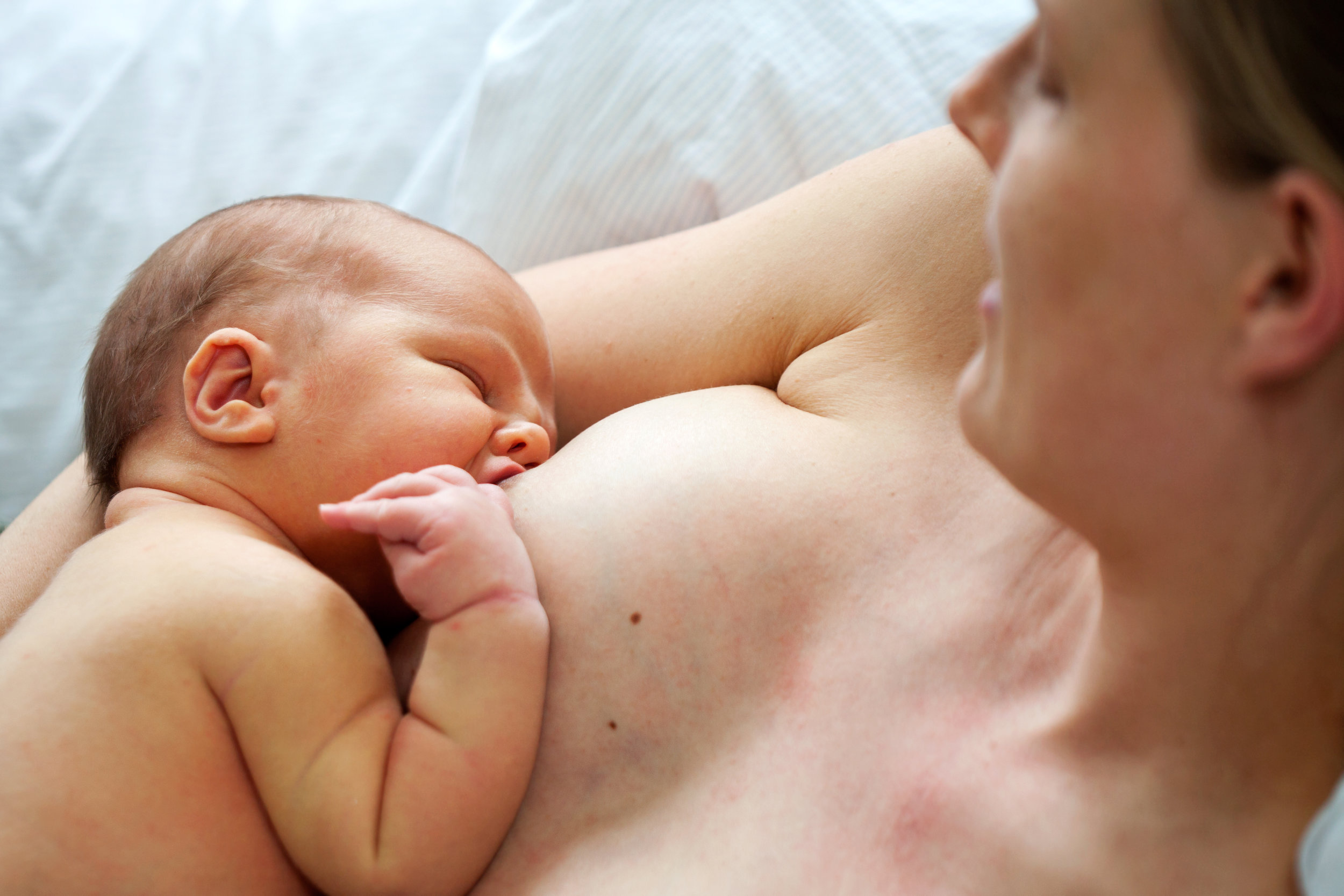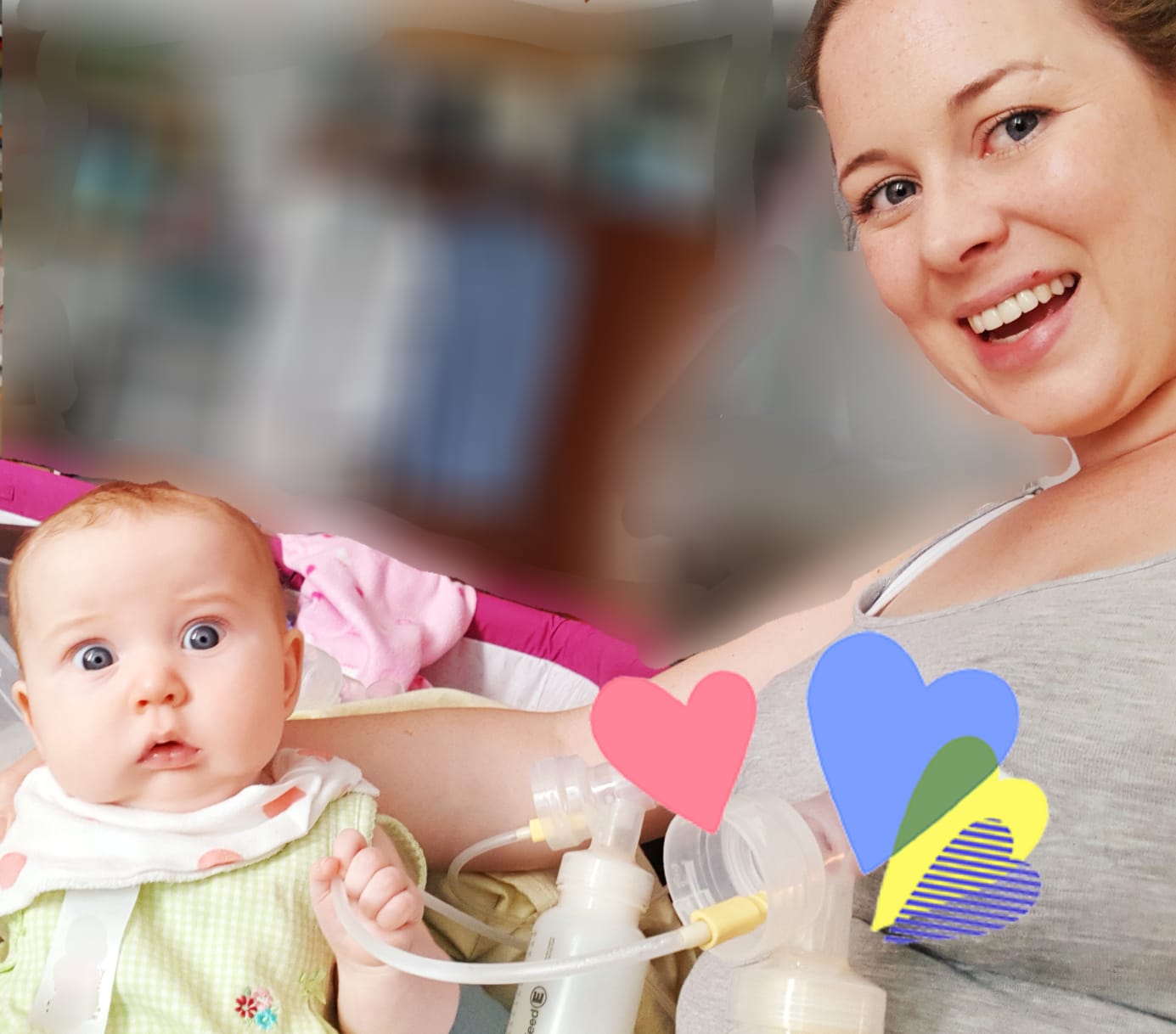Postnatal Depression, when love doesn’t come as a thunderbolt.
/Postnatal Depression, when love doesn’t come as a thunderbolt.
I was 21, and diagnosed with Poly Cystic Ovarian Syndrome (PCOS), on a hot June day, in the consultants room, in a Cork hospital. One minute I was worrying about my parent's car being clamped, and the next minute I was being told, if I was ever going to have kids, do it now in my early 20s. He closed the folder and stood up, as I sank into the chair. Fast forward to 23, going out with my husband, and about four weeks into the relationship, the clock now ticking so loudly, I sit him down and tell him. In September 2011, my daughter was born. Five years after my PCOS diagnosis. A greyness descended, initial happiness replaced with fears, thoughts, overwhelming feelings. My brain telling me that I’m not good enough for her. My husband was beaming, but my heart was breaking, because, after five years of hoping, wishing, endless sticks to wee on, I didn’t get that thunderbolt. I was in shock.
I stayed in the hospital for four days, because I didn’t want to go home until I felt ‘right’ . That thunderbolt didn’t come. Over the following days and weeks, I lied to friends and family who were enamoured by her. I was staying awake all night, afraid, and dreading the moment she would need me again. Would she be better with someone else as her mammy? I envied my husband's love for her. I envied how happy he was. I loved her, but felt that I wasn’t enough for her. What if she didn’t like me? Friends kept telling me how lucky we were to have a happy, healthy baby. I didn’t feel lucky, I felt guilty, ashamed that I wasn’t enjoying the baby I had longed for. I was lucky to find a breastfeeding support group, that allowed me to cry, talk openly, and not be judged. It became my lifeline. I found Kathy Kendall-Tackett's book, The Hidden Feelings of Motherhood, and it was eye opening, and reassuring. Dr Andrew Mayers from Bournemouth University, has done some interesting research about partners developing postpartum depression too.
I had heard some myths about PND , and medication, and I had fears about asking for help. What if they take her off me? What if, what if, what if? I became numb, and comfortable in my numbness. I hit rock bottom in 2016, when my neighbour passed away suddenly. A few days later, at my doctor's for something else, I broke down. He gave me some options, and I chose a referral for counselling. It was amazing. A weight lifted. The shame and guilt could be put down. I could breathe.
I now work as a postpartum Doula, with Doula Care Ireland. One client described me as “a wonderful calm presence amidst the chaos" .I am not a health care professional. I am not there to tell you what to do. I give you the information, and allow you to make an informed choice that works for you and your family. There is no one magic cure for PND, but , with calm, clear, informative support you can begin your journey out of the greyness. I am continuously working on being the best version of myself, and it is a continuous process. Sometimes I see glimpses of how I felt, in my clients, and it reminds me that the process of being mentally well, is something we need to keep working on.
Written by one of our doulas Dee Burke. You can fins out more about Dee and the support she offers here https://www.doulacare.ie/dee-burke-1/
If you or someone you know is suffering with a postpartum mood disorder these resources may help
https://www.nurturecharity.org
http://www.pnd.ie
https://www.cuidiu.ie/httpwwwcuidiucomsupports_parenthood_postnatal
https://www.hse.ie/eng/services/list/4/mentalhealth/mother-and-infant-health/#Finally,%20support%20services%20for%20those%20with%20Poatnatal%20Depression












